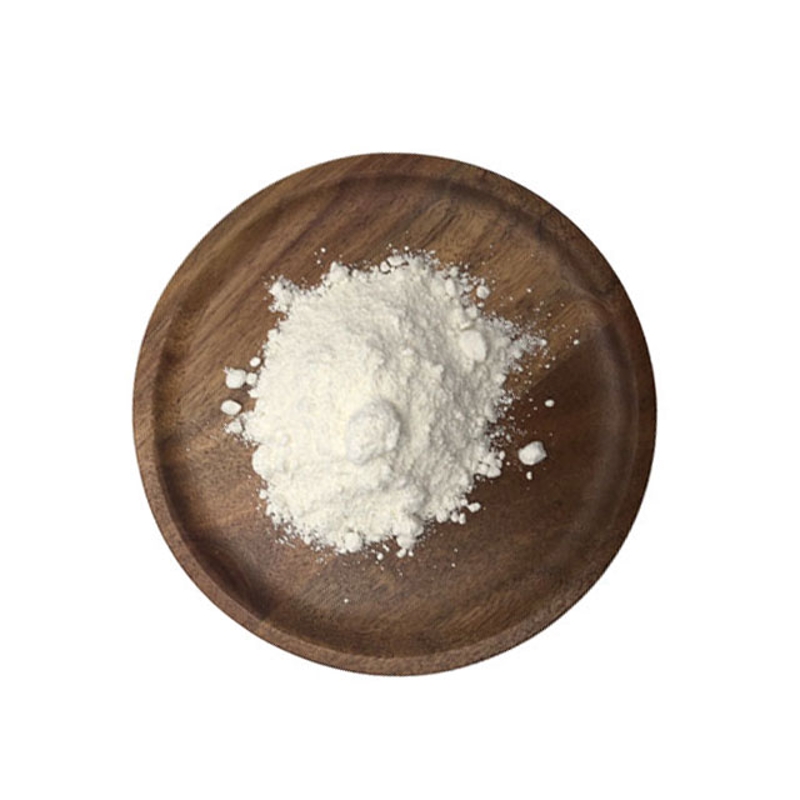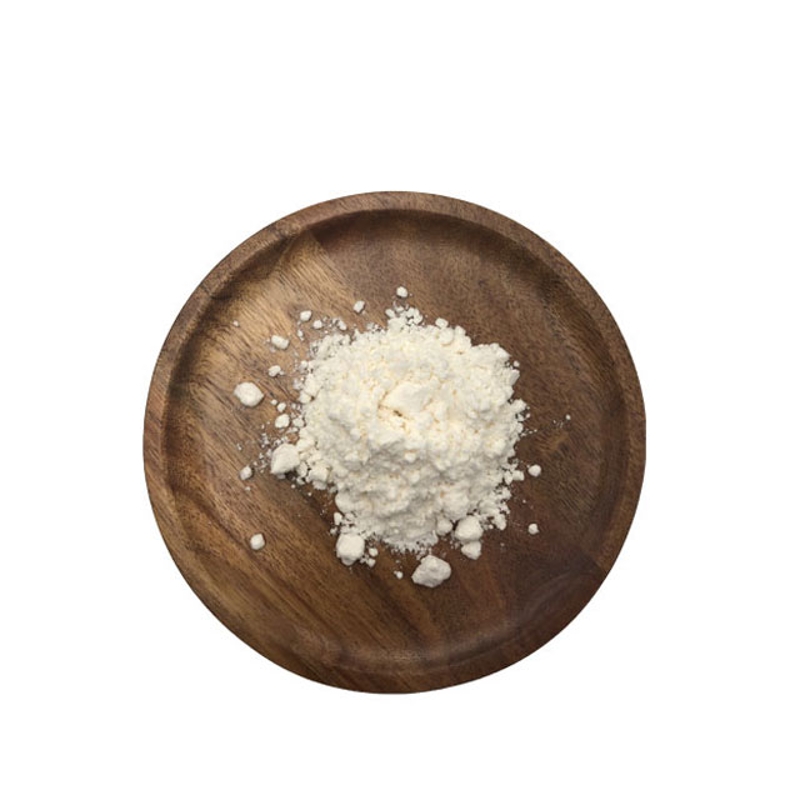-
Categories
-
Pharmaceutical Intermediates
-
Active Pharmaceutical Ingredients
-
Food Additives
- Industrial Coatings
- Agrochemicals
- Dyes and Pigments
- Surfactant
- Flavors and Fragrances
- Chemical Reagents
- Catalyst and Auxiliary
- Natural Products
- Inorganic Chemistry
-
Organic Chemistry
-
Biochemical Engineering
- Analytical Chemistry
- Cosmetic Ingredient
-
Pharmaceutical Intermediates
Promotion
ECHEMI Mall
Wholesale
Weekly Price
Exhibition
News
-
Trade Service
Losing weight seems to be a topic that is always "up to the time".
, diet control and increased exercise are recognized as the most effective methods.
it's hard to say, it's rare for people who can really stick to physical activity and eat a diet that ends up losing weight.
, new and considered "effective" weight-loss methods are emerging.
, the ketogenic diet is one of them.
ketogenic diet (ketogenic diet, KD) is a high-fat, protein-rich, low-carbohydrate diet that was first medically used to treat (difficult) childhood epilepsy.
diet forces the body to burn fat instead of carbs.
, carbohydrates in food are converted into glucose before they are transported in the body.
, however, if there is only a small amount of carbohydrate in the diet, the liver converts fat into fatty acids and ketones.
, on the other hand, because KD requires a daily carbohydrate intake of less than 50 grams or a diet of less than 10%.
diet weight loss effects stem from the fat-disintegration effect of the celluloids, the satiety effect caused by high protein intake, the appetite suppression caused by ketone poisoning, and the early diuretic effect of ketones.
evidence that a ketogenic diet can help people lose an average of 10.33kg in four weeks.
, as with intermittent fasting, the ketogenic diet is popular for its weight loss effects.
fat, one of the three major nutrients, the negative effects are mainly due to excessive energy intake.
so if you can control total energy, what's the negative effect of eating more fat? To this end, researchers from Harbin Medical University in China carried out related research, published in the latest Cell sub-journal Cell Metabolism.
the health effects of dietary fats has been one of the most troubling issues in nutrition, the researchers wrote.
few animal studies have studied the effects of a high-fat diet on longevity by controlling energy intake.
current dietary guidelines generally recommend that fat provide no more than 30% of total energy, which is considered the most healthy proportion.
recent studies have shown that replacing fat with other large amounts of nutrients does not reduce the risk of heart metabolic disease, so the U.S. Dietary Guidelines remove the "cap" requirement.
the researchers randomly divided the rats into three groups, giving them a normal casual diet (control group), a moderately high-fat diet with the same calories (IHF), and a high-fat random diet (FHF) for two years.
in this different feeding mode, no difference was found in the weight, organ weight and muscle content of the three groups, but the IHF group had the lowest amount of visceral fat.
in terms of life expectancy, the medium life span in the FHF group was reduced by 79 days compared to rats in the control group, while the IHF group was extended by 90 days.
same time, a shuttle box experiment on older rats found that the IHF group of rats had shorter reaction times and higher response rates, indicating that their memory and responsiveness were stronger.
in treadmill tests, the IHF group ran longer distances, indicating that the overall health of the IHF group was the best of the three groups, while the FHF group was the worst performing.
autopsies conducted in rats showed a lower incidence of tumors in the IHF group and less age-related pathological damage in the lungs, kidneys and livers of older rats.
further, the aging-related biomarkers were tested, including glucose, total cholesterol, triglycerides, white melebin-6 and reactive oxygen, and the associated values of rats in the IHF group were significantly reduced.
, especially white melein-6 and reactive oxygen, is thought to inhibit inflammation and oxidative stress and thus prolong life.
researchers tested fat metabolism-related enzymes and noted that IHF accelerates fat metabolism primarily by reducing fatty acid synthesis and increasing fatty acid metabolism.
free fatty acids promote both inflammation and oxidative stress, reducing total and specific types of free fatty acids may be a key part of IHF's efforts to reduce inflammation and oxidative stress.
, the study suggests that there may not be a need to "look fat" in the future, and that a moderately high-fat diet may extend life by improving inflammation and oxidative stress while controlling energy.
: Shi D, et al. An isocaloric moderately high-fat diet extends lifespan in male rats and Drosophila. Cell Metab. 2021 Jan 7:S1550-4131(20)30672-0. doi: 10.1016/j.cmet.2020.12.017.MedSci Original Source: MedSci Original Copyright Notice: All noted on this website "Source: Met Medical Or "Source: MedSci Original" text, images and audio-visual materials, copyrights are owned by Metz Medicine, without authorization, no media, website or individual may reproduce, authorized to reproduce with the words "Source: Mets Medicine".
all reprinted articles on this website are for the purpose of transmitting more information and clearly indicate the source and author, and media or individuals who do not wish to be reproduced may contact us and we will delete them immediately.
reproduce content at the same time does not represent the position of this site.
leave a message here







